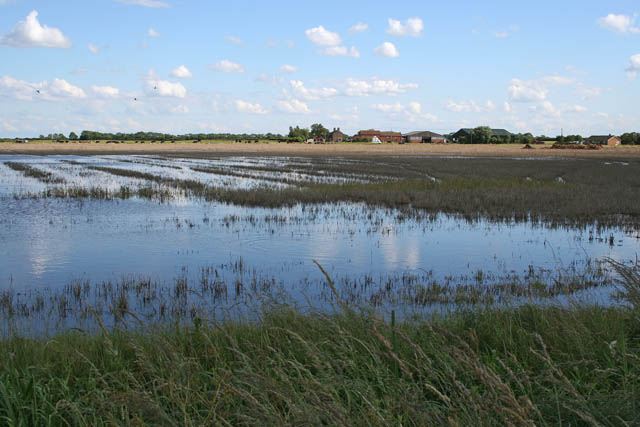
An agricultural revolution that would change the way we eat is being plotted in Oxford this week.
More than 700 farmers and agricultural experts will descend on the Town Hall in St Aldate’s today and tomorrow for the 2016 Oxford Real Farming Conference.
The “new generation” of farmers say large-scale industrial agriculture is ruining the land, wiping out our wildlife, causing flooding and not even producing the best food.
Conference organiser Colin Tudge says corporate agriculture tries to farm the largest possible areas with scant regard for the environment.
An increasing number of environmental experts, including flooding minister Rory Stewart, have said cutting down trees to farm large areas increases flooding, by reducing the land’s ability to hold and absorb water – an all-too-familiar problem in Oxford.
In December, a report by national charity Butterfly Conservation revealed 76 per cent of the UK’s butterfly species had declined in the past 40 years, and pointed the blame squarely at intensification of agriculture (large monoculture plots) and loss of natural habitat.
What Mr Tudge and his fellow conference organisers are calling for is a complete overhaul of the way farming is practised in this country as soon as possible.
They call it “enlightened agriculture”: small, independent farmers producing a diverse range of crops and selling them locally; fresh and sustainably. Mr Tudge, a former farming journalist, said: “People are mining the fertility of the soil, but no one takes the environment cost into account when talking about cheap food.”
Mr Tudge, who lives in Wolvercote, founded the Oxford Real Farming Conference in 2009 with his wife Ruth and farming expert Graham Harvey – agricultural advisor to BBC radio’s The Archers.
They created their event as a direct rebellion to the more established Oxford Farming Conference which takes place at the same time.
Mr Tudge said: “The prevailing view which the Government likes regards agriculture primarily as a way of maximising short-term wealth – a business like any other.
“If you design agriculture like that for short-term gain, you can get tremendous economies of scale but you end up with monoculture: rape fields that go on as far as the eye can see and chicken units with a million birds.”
West Oxfordshire dairy farmer Tim Hook, whose fields were devastated by flooding in 2014, cautioned that the revolutionary approach of the “real” farming conference was not necessarily the best way to achieve change.
Mr Hook, who farms 2,500 acres and milks 200 cows, said he was not always happy with the price he got for his milk and wheat, but added: “It is pointless jumping up and down – this is a commodity-based industry affected by global prices.”
At the separate Oxford Farming Conference today, held at Oxford University’s Examination Schools in High Street, Environment Secretary Elizabeth Truss announced Defra plans to increase spending on flood defences and action to tackle animal and plant diseases by 12 per cent during this parliament.
